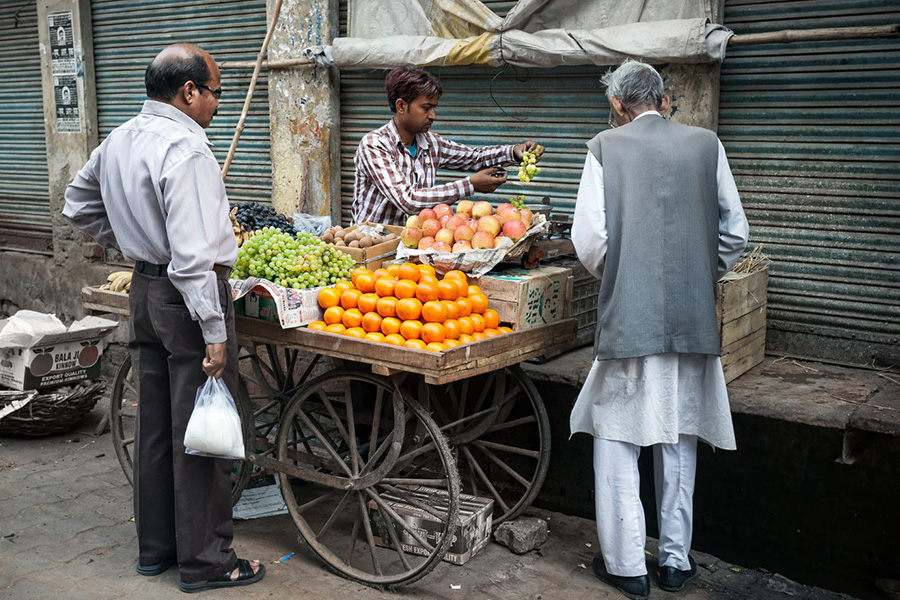
Education and income play a crucial role in street vendors’ knowledge about health insurance, while age and family size significantly influence their decision to take up health insurance.
Author
Tanya Vasudeva, Department of Community Medicine and School of Public Health, Postgraduate Institute of Medical Education and Research, Chandigarh, India
Rohit Jangra, Department of Community Medicine and School of Public Health, Postgraduate Institute of Medical Education and Research, Chandigarh, India
Divya Sharma, Department of Community Medicine and School of Public Health, Postgraduate Institute of Medical Education and Research, Chandigarh, India
Nupur Nirola, Jindal School of International Affairs, O.P. Jindal Global University, Sonipat, Haryana, India
Pulak Syal, Government Medical College and Hospital, Sector-32, Chandigarh, India
Risha Gupta, Department of Community Medicine and School of Public Health, Postgraduate Institute of Medical Education and Research, Chandigarh, India
Saraswati Sharma, National Health System Resource Center, New Delhi, India
Himika Kaundal, National Health System Resource Center, New Delhi, India
Poonam Khanna, Department of Community Medicine and School of Public Health, Postgraduate Institute of Medical Education and Research, Chandigarh, India
Amarjeet Singh, Department of Community Medicine and School of Public Health, Postgraduate Institute of Medical Education and Research, Chandigarh, India
Tanvi Kiran, Department of Community Medicine and School of Public Health, Postgraduate Institute of Medical Education and Research, Chandigarh, India
Summary
Aim
This study aims to examine the association of socio-economic and demographic determinants between knowledge of health insurance and actual health insurance coverage (uptake) among the street vending community in Chandigarh, India.
Subject and methods
A cross-sectional survey involving 250 street vendors from North-Indian city of Chandigarh was conducted between May–June 2021. Participants were selected using simple random sampling from the list of registered street vendors under the Chandigarh Municipal Corporation. Bivariate analysis and logistic regression were employed to identify the primary determinants influencing health insurance knowledge and coverage among street vendors.
Results
The study reveals significant positive association between education level and health insurance knowledge. Adjusted odds ratios (aOR) ranged from 2.697 for street vendors with elementary education to 9.682 for those with higher educational attainment. Moreover, street vendors with relatively higher family monthly incomes exceeding INR 12000 demonstrated significantly greater knowledge of health insurance (aOR = 1.994, CI 1.007–3.949, p = 0.048). However, out of the 157 street vendors with knowledge of health insurance, only 17.19% (27) were enrolled and covered by it. Age and family size are the significant predictors of health insurance uptake, with aOR of 2.646 (CI 0.921-7.599, p = 0.071), and 0.403 (CI 0.161–1.009, p = 0.052), respectively.
Conclusion
Education and monthly income were the significant factors influencing knowledge about health insurance among street vendors. At the same time, age and family size were significant predictors of the uptake of health insurance among street vendors. This study can help policymakers conduct periodical campaigns and prioritize strategies for speeding up the procedure of enrolling this vulnerable group under health insurance schemes.
Published in: Discover Public Health
To read the full article, please click here.

